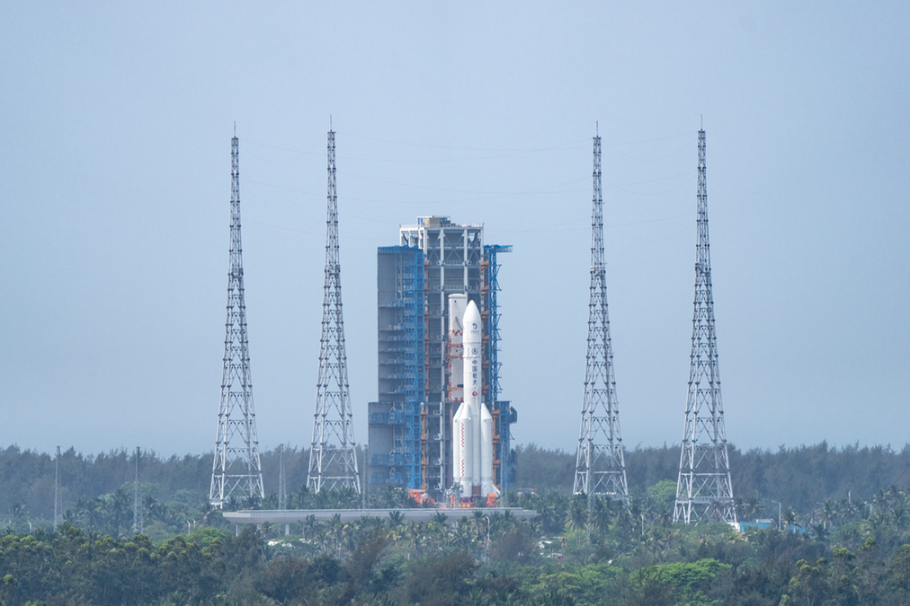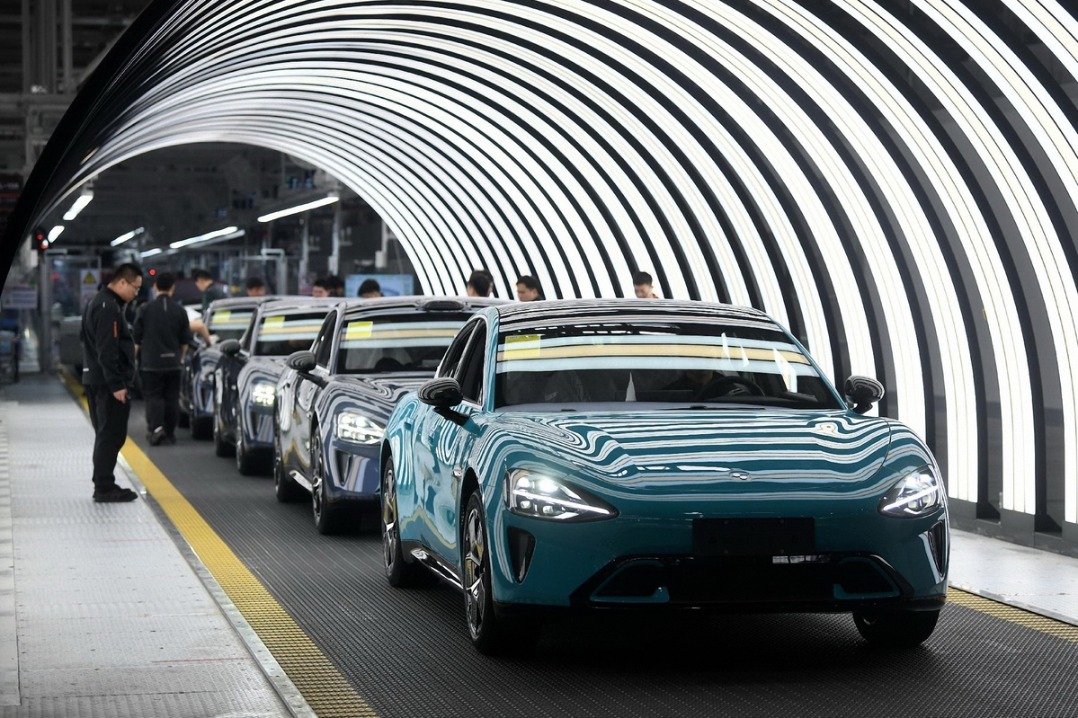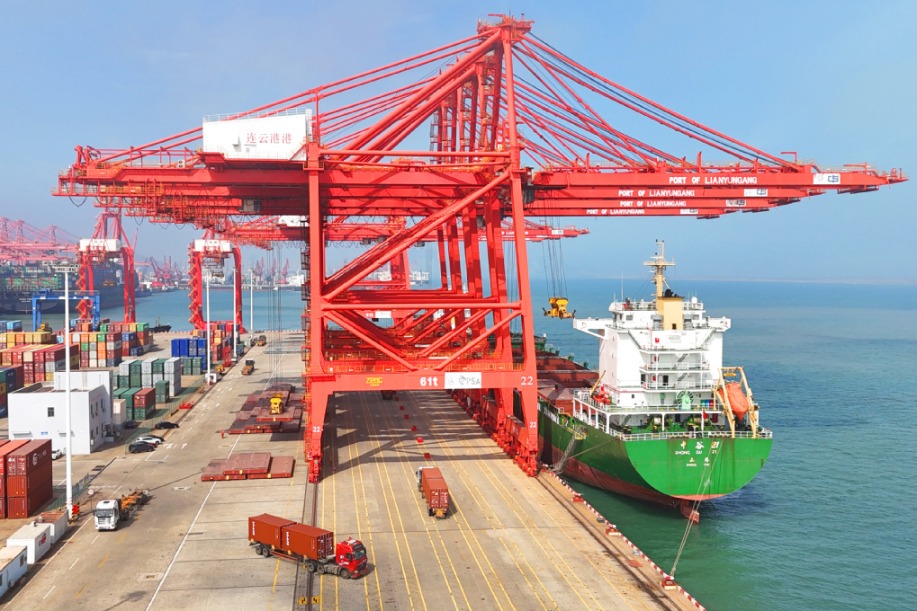BYD making inroads into Japanese market
China to remain world's top vehicle exporter, with nation's automakers set to expand overseas presence, focusing on NEVs
By JIANG XUEQING in Tokyo and LI FUSHENG in Beijing | China Daily | Updated: 2024-02-20 09:48

In July 2022, when Chinese electric vehicle maker BYD launched its passenger car in Japan, it surprised the local media, consumers as well as peers.
However, companies familiar with BYD's development in Japan over the years said it was inevitable because the automaker had accumulated years of industry experience in Japan, a country with a strong automotive sector, said Liu Xueliang, general manager of BYD Asia-Pacific auto sales division.
"We have implemented BYD's development philosophy in Japan over the past 24 years through its industrial layout. Therefore, what you see in this market today is not only a single product, but also a contribution to the Japanese economy from information technology to transportation, from batteries to cars," Liu said.
BYD's journey overseas, which Liu described as "challenging but promising", is closely related to China's booming EV exports. Last year, China overtook Japan as the world's largest auto exporter.
According to the General Administration of Customs of China, the country's automobile exports reached 5.22 million units in 2023, a year-on-year growth of 57.4 percent.
As China vigorously advances a green and low-carbon transformation of the automotive industry, it exported 1.77 million electric passenger vehicles last year, up 67.1 percent year-on-year.
In comparison, Japan's auto exports in 2023 were 4.42 million units, according to data released by the Japan Automobile Manufacturers Association.
China surpassing Japan in automobile exports is an inevitable outcome of its industrial transformation and social development, Liu said.
"In the field of new energy vehicles, China has taken a leading position globally. Today, the richness of China's NEV products, the maturity of technology and stability have been validated through the country's development over the past decade. The international acceptance of Chinese automakers venturing abroad is evident," he said.
As consumer demand for NEVs is increasing, Liu expects China will maintain its position as the world's top vehicle exporter. Chinese automakers will continue to expand their presence worldwide, with a focus on NEVs, he said.
Since its establishment, BYD has been firm in its international development strategy.
The carmaker entered the Japanese market with rechargeable batteries in 1999. Subsequently, it became involved in Japan's IT industry and brought solar panels to the Japanese market around 2008.
In 2015, BYD's electric buses arrived in Japan for the first time. It took the Chinese automotive brand nearly 10 years to make Japanese customers in the public transportation sector fully realize the reliability and trustworthiness of its electric buses.
Today, the company holds a market share of over 70 percent in electric buses in Japan. Twenty-four prefectures in the country use its electric buses, with the number totaling nearly 200.
"In 2024, our electric bus sales should double. We hope to have 4,000 BYD electric buses in operation in Japan by 2030," Liu said.
























